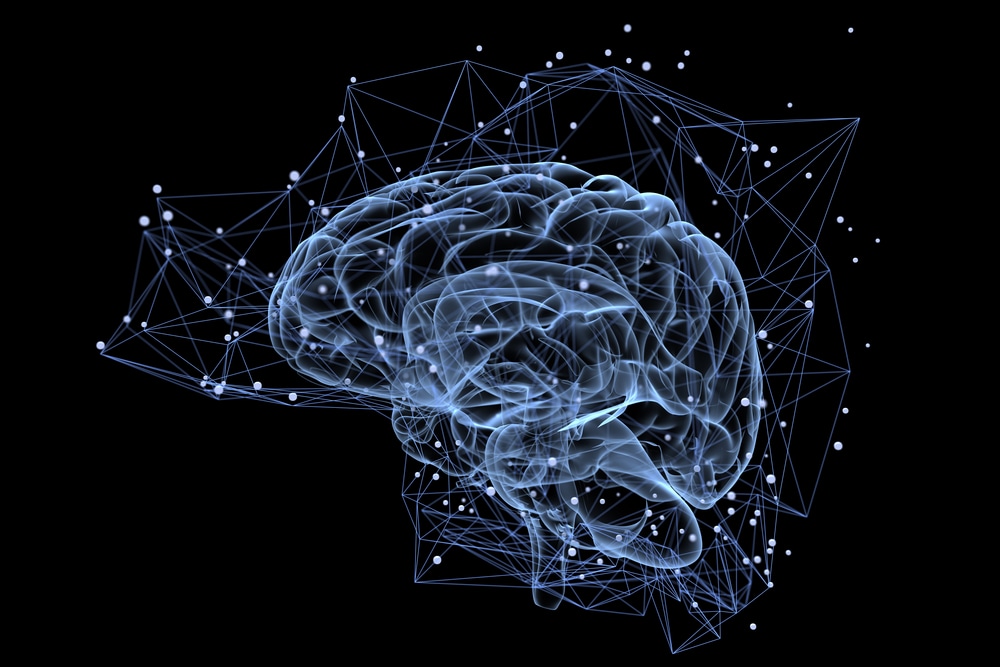It’s important to make the distinction between Alzheimer’s and dementia. Dementia is not a diagnosis as such. The word ‘dementia’ is an umbrella term used to describe a set of symptoms such as memory loss, difficulties with language, judgement, thinking and solving problems. These symptoms occur when certain diseases or conditions affect the brain. Dementia is not a natural part of ageing, although the risk of developing it increases with age. Alzheimer’s Society estimates that there are 850,000 people in the UK living with dementia, and most of them are over 65, but there are over 40,000 people with young onset dementia under this age. It is estimated that one in 14 people over the age of 65 will develop dementia. By the age of 80, the risk increases to one in every six people.
Unfortunately, dementia is progressive and there is no cure. This means that a person’s ability to remember things, communicate and understand will gradually decline. Over time, they will gradually lose their independence and will eventually require 24-hour care.
Alzheimer’s disease is the most common cause of dementia. There are more than 520,000 people in the UK with Alzheimer’s disease. It is named after a German psychiatrist called Alois Alzheimer, who first noticed the condition in the early 1900s in a 51-year-old female patient called Auguste Deter, who was suffering from short-term memory loss. During her autopsy in 1906, it was discovered that she had shrinkage of the cortex (the largest part of the brain) and abnormal deposits in and around nerve cells.
Proteins that build up in the brain to form structures called ‘plaques’ and ‘tangles’ are the cause, as they affect connections between nerve cells, eventually causing them to die.
Alzheimer’s disease has two forms, the rare early onset disease, where symptoms first appear under the age of 65 and the more common late onset Alzheimer’s where symptoms appear over this age.
Symptoms include memory loss, difficulty learning new skills or new information, repeating things, confusion, loss of concentration, depression and irritability.
